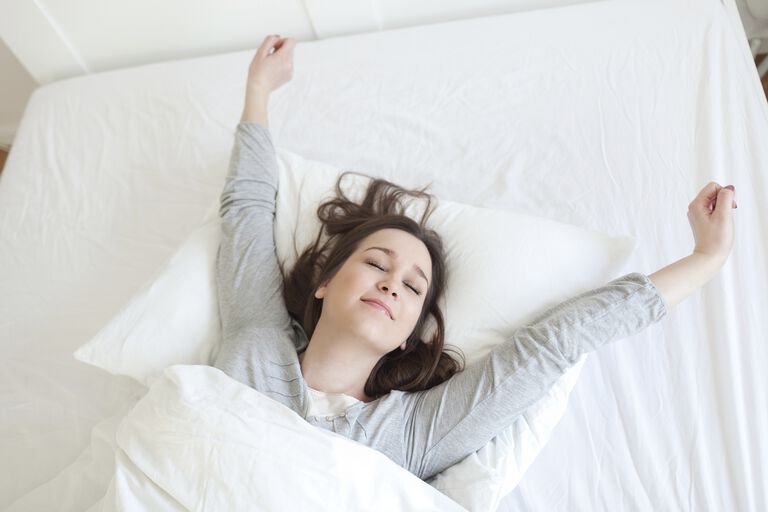
Your long-term health is significantly impacted by both the overall number of hours you sleep as well as the quality of those hours. According to research, getting insufficient amounts of restorative sleep might eventually cause health problems. This is due to the fact that a key determinant of the quality of sleep is the length of time spent in the restful or restorative sleep cycle. Even though there are several technological techniques available to monitor and record sleep, it may be challenging to precisely estimate how much time is spent in a restful sleep outside of a dedicated sleep clinic. It has been shown that good sleep practises may increase the quantity and quality of sleep.
Can you define what it means for sleep to be restorative?
Even slowing, brain waves still experience brief, periodic bursts of activity during the quiet sleep phase. At this stage, both the heart rate and breathing rate slow down. Waking up during the restorative stage of sleep is challenging, and if you do it, you may feel bewildered. Adults under the age of 30 typically get two hours of restorative sleep every night, while those beyond the age of 65 may only get 30 minutes. You should know about the restorative sleep stage there.
Why is it so Important to Sleep Enough?
Restorative sleep is vital for recharging one’s batteries and repairing damaged cells, among other health benefits. Enhanced glucose metabolism improves both long- and short-term recall. Blood flow to the muscles increases during times of undisturbed sleep, aiding in the growth and repair of tissues and bones. Getting a good night’s sleep might also help you maintain a strong immune system. Lack of quality sleep is associated with an increased risk of developing dementia, maybe because sleep breaks apart protein clusters that contribute to degenerative diseases like Alzheimer’s.
Monitoring Devices for Sleep
Wearable health and activity monitoring devices, which may be used for sleep tracking, can provide some insight into how much restful sleep a person gets each night. Nevertheless, because of their reliance on motion and heart rate, these systems can only provide a rough estimate of how long each stage of sleep really lasts. The sensors in these devices are not capable of measuring brain activity, which is the only really accurate sign of restful sleep. You should expect more reliable data from your sleep monitoring gadget after a night of uninterrupted sleep.
The Essential Component of a Refreshing Nap
It has been shown that certain patterns of behaviour may significantly extend the time that can be spent dreamlessly sleeping. The recommended amount of sleep every night is between 7 and 9 hours, so include it into your plan. The quality and quantity of sleep may be enhanced by switching to a low-carbohydrate diet.


